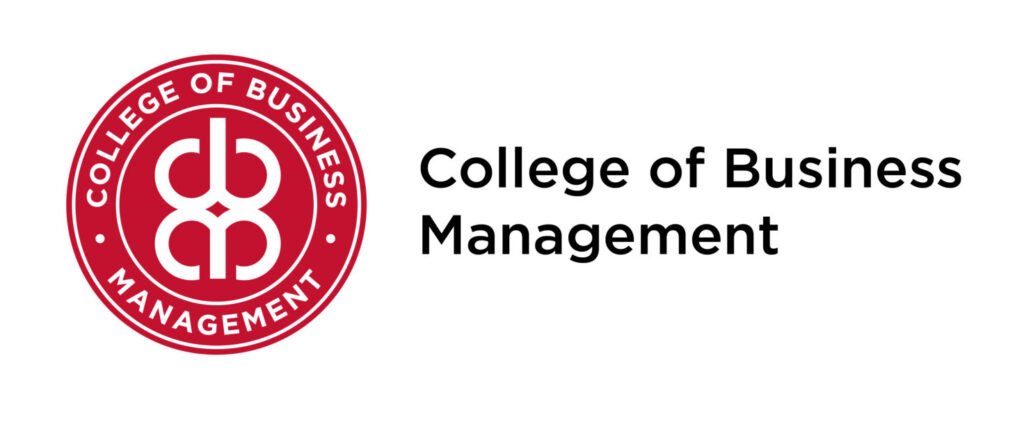Naeem, M., & Ahmed, K. A. (2022). Engaging and satisfying healthcare workers in post-COVID-19: Moderating role of inclusive climate. Economic Copernicana, 13(2). [W]
Ghyas, S., Ahmed, K. A., & Anwar, A. (2022). Impact of e-retailing ethics on consumer repurchase intention. Journal of Business and Social Review in Emerging Economies, 8(2). https://doi.org/[Insert DOI]
Shahani, R., & Ahmed, K. A. (2022). Investigating the moderating roles of basic and advanced financial literacy between behavioral biases and stock buying decisions. Journal of Organizational Studies and Innovation, 9(1).
Qamar, A., & Ahmed, K. A. (2022). Investors biases taxonomy and its impact on stock return volatility. Reviews of Management Sciences, 4(1).
Ali, M., Ahmed, K. A., Alam, A., & Ghafoor, H. (2022). How do operational disruption and resiliency impact a firm’s operational efficiency and competitive advantage? Journal of Business Administration and Management Science, 4(2). [In Press]
Khawaja, H., & Ahmed, K. A. (2021). How Islamic banking can grow in youth: Empirical evidence from urban center. Journal of Contemporary Issues in Business and Government, 27(2).
Ahmed, K. A., & Hassan, M. (2021). Shariah governance framework and perception about Islamic banking in Pakistan. Journal of Islamic Business and Management, 11(1).
Rawoof, H. A., & Ahmed, K. A. (2021). The role of online freelancing: Increasing women empowerment in Pakistan. International Journal of Disaster Recovery and Business Continuity, 12(1).
Rizvi, S. A. A., & Ahmed, K. A. (2021). Prevention of frauds in public sector organizations: A case of Pakistan. Journal of Development and Social Sciences, 2(3).
Sharif, M. A., Kazi, A. A., & Rweyemamu, M. A. (2021). Why pharmacovigilance and adverse drug reporting practices lack in developing countries: A case study from Pakistan. Systematic Reviews in Pharmacy, 12(11), 604–610.
Ahmed, K. A., & Chandani, S. (2021). Underperformance of local companies: Empirical evidence from Pakistan. Independent Journal of Management & Production, 12(4). [In Press]
Shahid, R., & Ahmed, K. A. (2021). Where we stand: Analysis of ambulance services of Karachi. Journal of Contemporary Issues in Business and Government, 27(5).
Ahmed, K. A., & Hassan, M. (2020). Contemporary HR practices in developing countries: Empirical evidence from Pakistan. City University Research Journal, 10(2).
Ahmed, K. A., & Chandani, S. (2020). Challenges of pharmaceutical industry: Empirical evidence from Pakistan. International Journal of Experiential Learning & Case Studies, 5(2).
Qurashi, A., & Ahmed, K. A. (2020). Influence of servant leadership on employee behavior and output in cultures with high power distance orientation. Pakistan Business Review. [October Issue]
Hassan, A. , Ahmed, K. A., & (2021). How democratic and military regimes and monetary parameters influenced exchange rate over fifty years of existence in Pakistan. KASBIT Business Journal, 14(4).

